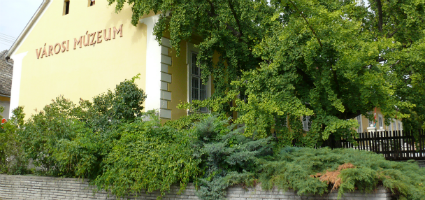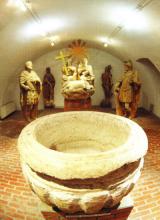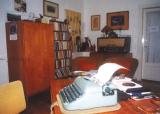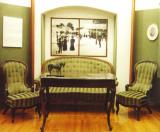2025. December 27. Saturday
Town Museum - Paks
 |
Address: 7030, Paks Deák F. u. 2.
Phone number: (75) 830-373, (75) 830-374
E-mail: muzeum.titkar@paks.hu
Opening hours: Winter: Tue 10-16, Wed-Sun 10-17
Summer: Tue 10-16, Wed-Sun 10-18 |
|
Programmes
|
|


